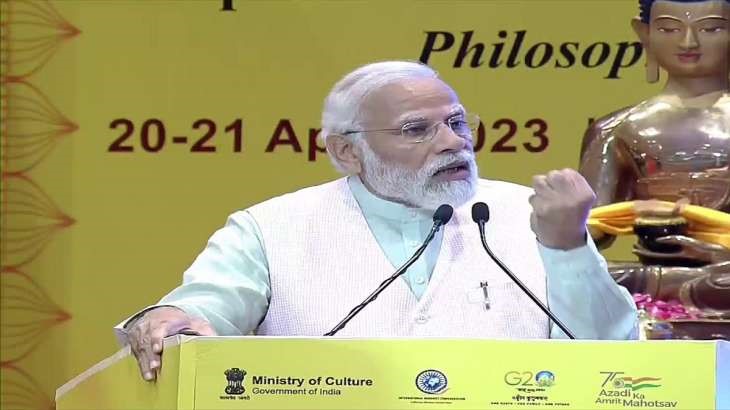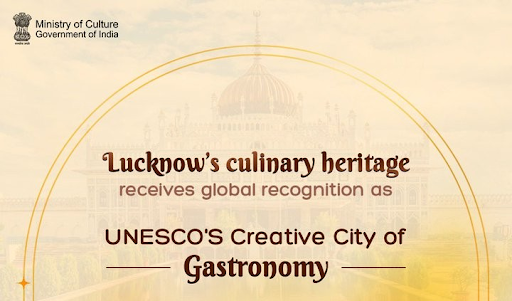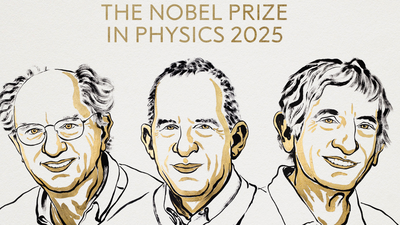





Disclaimer: Copyright infringement not intended.
Context
Background
Host
Theme
Significance
Highlights of the summit
PM’s address
About Buddhism in India
Origin
Tenets of Buddhism
Major Buddhist Texts
Buddhist Councils
Schools of Buddhism
|
PRACTICE QUESTION Q) Enmity can never be countered with enmity and happiness lies in unity. Discuss the validity of this statement with reference to the teachings of Buddha. (150 words) |










© 2025 iasgyan. All right reserved